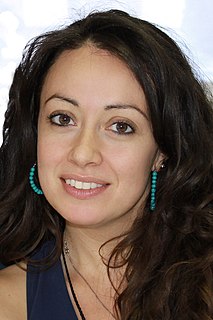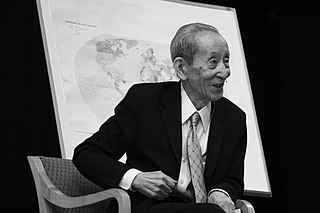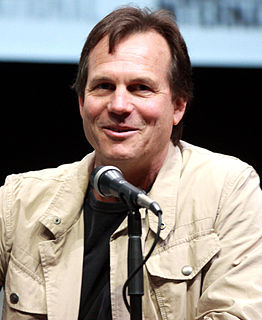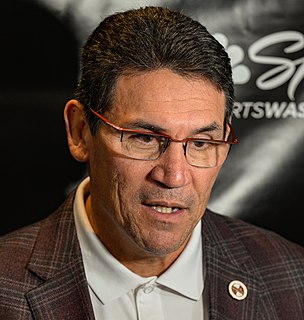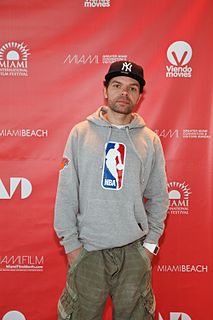A Quote by William Zinsser
Writers are the custodians of memory, and that's what this chapter is about: how to leave some kind of record of your life and of the family you were born into.
Related Quotes
You leave home, and then when you come back, you have a kind of perspective that you didn't have before that in some way problematizes your relationship with your family. You just start to be able to have a sort of double vision about them and who they are and how you grew up that can be really painful.
You see we're a country that talks about family values. But we haven't passed anything to help family values since the Family and Medical Leave Act. And the Family and Medical Leave Act was one of the first things I voted on when I came to Congress. It was very thrilling to me, because when my first child was born, I was terrified of being fired. When my second child was born, I was a member of the city council, and in some ways it was easier to respond to 250 constituents than it was to respond to one employer.
You know, people see [August: Osage County], and I tell them that it's based on my family, and they assume that I came from some kind of horrible, hysterical circumstances. That's not true. My family, my nuclear family, was actually very close. My mom and dad were great parents and they encouraged a real rich, creative life for me and my brothers. My extended family, like every family, has some darkness, and some violence of some kind, emotional or otherwise, in their past.
Maybe you should think about the choices in your life, how someone can come and spit some kind of game to you and make you doubt every single thing that is your life, your relationship, your appearance, your job, your ambitions, your marriage, and how those thoughts can lead to choices and behavior that you never thought that you were capable of.
You were born with the seeds of your talent, the ability to observe the world around you and weave piece of it into a story. I believe that most -- if not all -- people are born with these seeds. What separates the writers from the non-writers is that the writers actually sit down and, you know... write.
Many people believe that they were made by their parents: 'I didn't ask to be born.' they cry. This is completely wrong. Please try to remember when your were five. If you try then you will remember that this memory had no beginning. It seems as if you can remember living infinitely; that your life didn't begin when you were born but continues without limit.
After Mickey passed, I was talking to my mom on the phone. She was talking about how we were such good brothers and we were so close. And I said, 'Mom, think about how we were raised. We were a military family. And in a military family, because you move around so much, your best friends and your first teammates are your brothers or your sisters.'
No matter how public your work is, it's just a relationship with yourself. And you have to create a little sacred space inside yourself to treasure that... because when you die, that's still what you have. It's what you're born with and what you leave with. It's kind of a story of the way you accompanied yourself through your life.
For me writing is a long, hard, painful process, but it is addictive, a pleasure that I seek out actively. My advice to young writers is this: Read a lot. Read to find out what past writers have done. Then write about what you know. Write about your school, your class, about your teachers, your family. That's what I did. Each writer must find his or her own kind of voice. Finally, you have to keep on writing.
If Mother Culture were to give an account of human history using these terms, it would go something like this: ' The Leavers were chapter one of human history -- a long and uneventful chapter. Their chapter of human history ended about ten thousand years ago with the birth of agriculture in the Near East. This event marked the beginning of chapter two, the chapter of the Takers. It's true there are still Leavers living in the world, but these are anachronisms, fossils -- people living in the past, people who just don't realize that their chapter of human history is over. '

